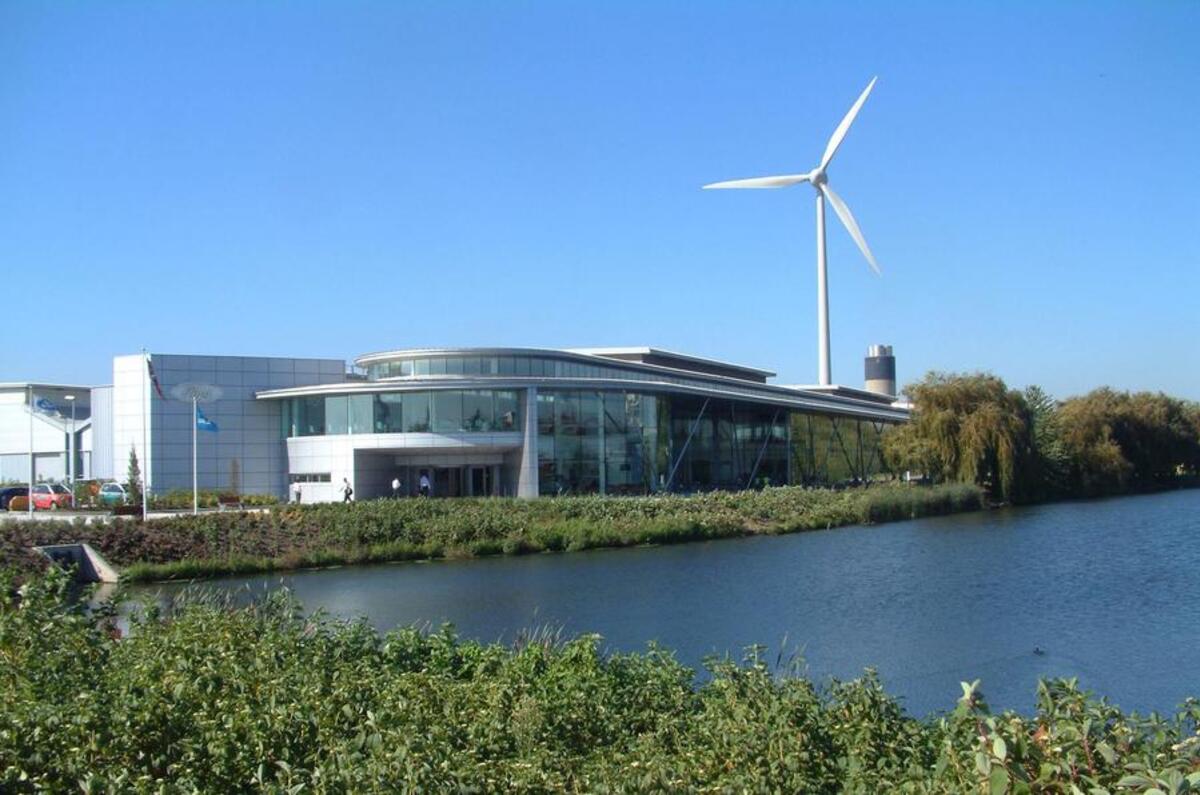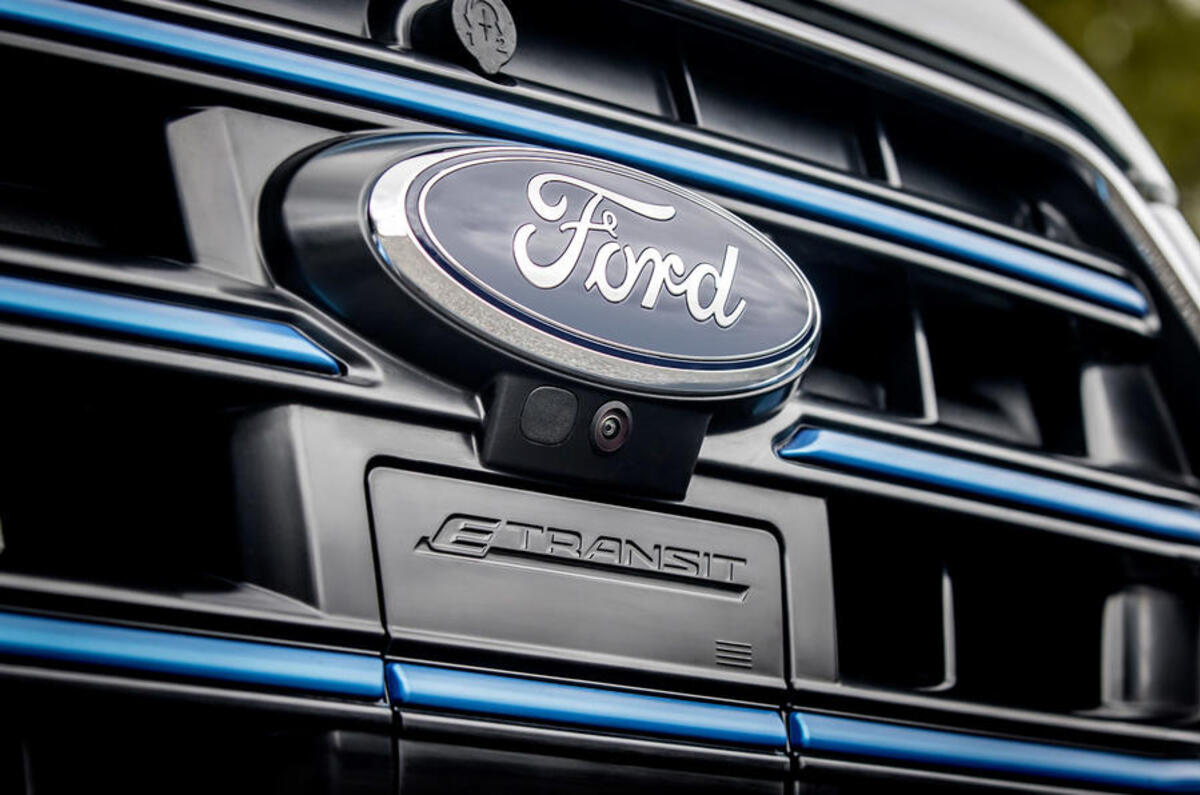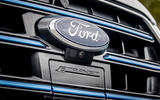Ford’s announcement on Monday that it will launch seven new electric vehicles in Europe by 2024 – five passenger vehicles and two vans – left open more questions about the company’s future structure and ambitions in Europe than it answered.
Questions put by journalists to Ford of Europe’s president, Brit Stuart Rowley, following the announcement were smoothly rebuffed. Here we highlight the outstanding questions and attempt to answer them, using both Rowley’s coded answers and Ford’s previous indications.







Join the debate
Add your comment
So first it was city cars, now its the Fiesta sized sector which is on its way out, a size of vehicle which suits many people's needs perfectly. I don't consider the Fiesta to be a "mini sports limo", whatever that is, and I don't think a Tourneo type vehicle would satisfy typical Fiesta buyers.
Manufacturers appear keen to blurr the lines of the different segments going forward: The other day there was an article about the VW group's forthcoming electric city cars, which will be the size of a T-Cross (not a city car at all), and Citroen saying that a lower trim C3 will satisfy previous C1 customers. The fact that motoring journalists just pander to this nonsense is quite annoying.
It is beginning to look as though Ford are throwing in the towel for car manufacturing in Europe. I wouldn't be surprised if after closing Valencia and Saarlouis they move their remaining assets into a joint venture with VW whose EV platforms Ford will be using for their new models. It is quite amazing how saies of the Fiesta and Focus have crashed over the past 12 months. Whilst they are both in declining sectors Ford has neglected product and marketing investment which just goes to show how quickly the tables can turn. The Corsa is not a standout car but Vauxhall have clearly done a far better sales job than Ford. It cannot be a happy time for Ford dealers unless they selling Transits.
Ford's resizing strategy has finally become clear. Although the old boys hating SUVs and EVS will wail then at least we know what it is – assuming Autocar's well-reasoned deductions are correct. What I don't see here is any volume projections for I'd love to know how the brand might stack up against other mass-market players. At first blush, it seems that pulling Fiesta and Focus would make a huge dent in volume but I assume that Golf, Astra, and the rest are similarly doomed to see out their current model cycles?